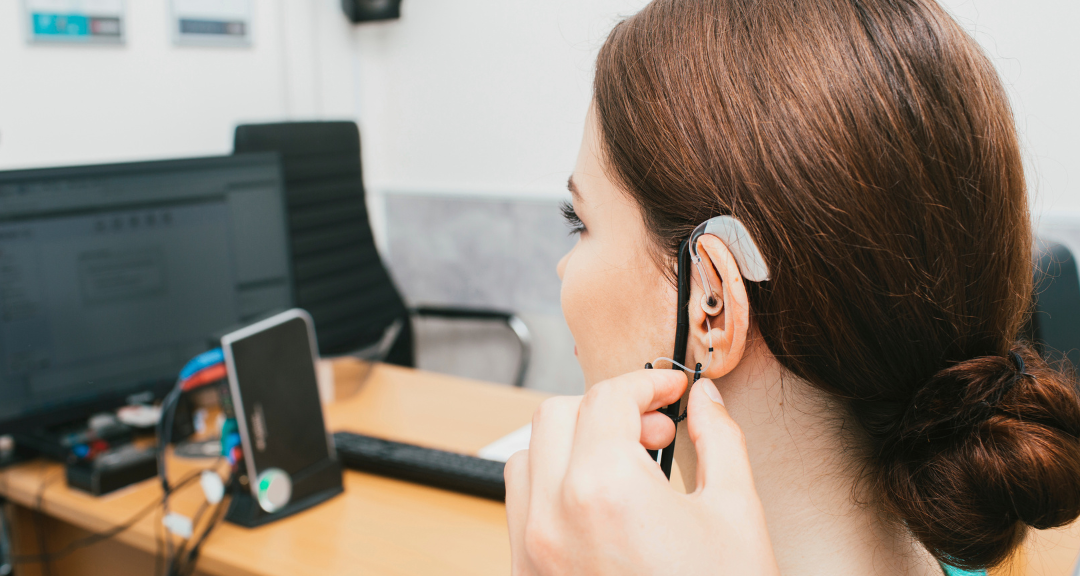Causes of Hearing Impairment
by vivaaccess.net | Apr 21, 2024 | Hearing
Hearing impairment in children can stem from a variety of factors, each with its own implications for diagnosis and treatment. Here are some key causes:
Genetic Factors: Genetic abnormalities play a significant role in hearing impairment, with over half of all cases having a genetic component. These genetic mutations can affect the development, structure, or function of the auditory system. Inherited conditions such as sensorineural hearing loss or syndromes like Waardenburg syndrome or Usher syndrome can result in varying degrees of hearing loss.
Congenital Infections: Certain infections contracted by the mother during pregnancy can lead to hearing impairment in the child. Cytomegalovirus (CMV) is one of the most common congenital infections associated with hearing loss. Other infections like rubella (German measles) and toxoplasmosis can also pose risks to fetal auditory development if contracted during pregnancy.
Premature Birth: Premature infants, especially those born before 37 weeks of gestation, are at a higher risk of hearing impairment. Prematurity can disrupt the normal development of the auditory system, leading to sensorineural or conductive hearing loss.
Complications During Birth: Traumatic birth experiences, such as prolonged labor, asphyxia (lack of oxygen), or physical trauma to the head, can result in hearing impairment in newborns. These complications can cause damage to the auditory nerve, inner ear structures, or the delicate tissues of the cochlea.
Ototoxic Medications: Certain medications, particularly those administered to newborns or infants to treat serious medical conditions, can have toxic effects on the auditory system. Ototoxic drugs like aminoglycoside antibiotics, chemotherapy agents, and loop diuretics can damage the hair cells in the inner ear, leading to irreversible hearing loss.
Chronic Ear Infections: Recurrent or untreated ear infections, especially otitis media with effusion (OME), can cause conductive hearing loss in children. Persistent fluid buildup in the middle ear can interfere with sound transmission to the inner ear, resulting in temporary or permanent hearing impairment if left untreated.
Environmental Factors: Exposure to environmental toxins, loud noises, or other hazards during pregnancy or early childhood can contribute to hearing loss. Prenatal exposure to alcohol, tobacco smoke, or certain chemicals can affect fetal auditory development. Similarly, prolonged exposure to loud noises, such as from machinery, firearms, or loud music, can damage the delicate structures of the inner ear, leading to noise-induced hearing loss.
Understanding the diverse range of causes behind hearing impairment in children is crucial for early detection, intervention, and management. By identifying the underlying cause, healthcare professionals can implement appropriate diagnostic tests and treatment strategies tailored to the child’s specific needs, optimizing outcomes and quality of life







